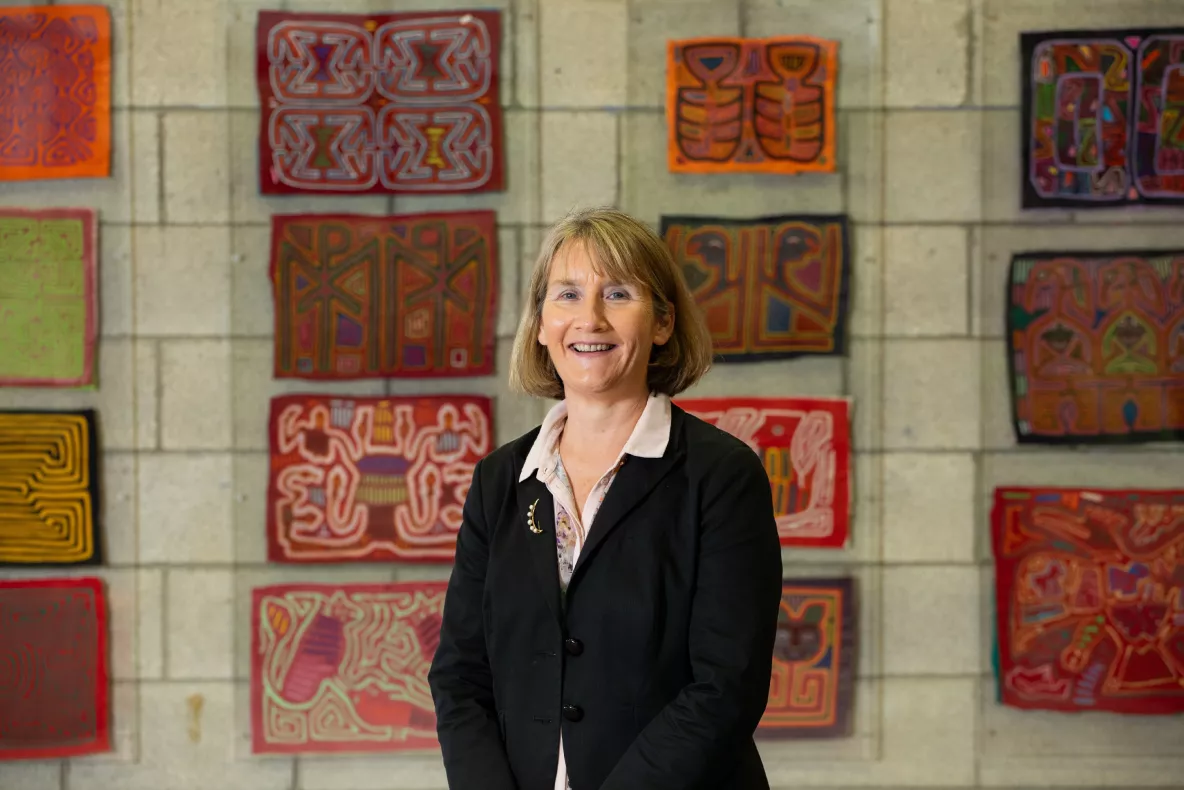
New research by a leading academic at University of Limerick has radically re-examined what we know about psychological trauma.
The publication of a major new book on psychological trauma by University of Limerick Professor Orla Muldoon details evidence that traumatic experiences can, under certain conditions, impact people’s political positions and appetite for social change.
Professor Muldoon, founding professor at the Department of Psychology and Director for the Centre for Social Issues Research at UL, was awarded almost €2.5m in European Research Council (ERC) Advanced Grant funding to study trauma.
The resulting book, The Social Psychology of Trauma: Connecting the Personal and the Political, will change thinking about trauma, offering a powerful and radical rethink of how stress, trauma and politics become intertwined.
Professor Muldoon’s research reveals trauma as a socially situated phenomenon linked to power and privilege or disempowerment and disadvantage.
“Doing research on the impact of traumatic experiences can be both heartening and heart-rending. You encounter people and situations that would touch the hardest of hearts and others who inspire with their tenacity and strength to go on. Even in a privileged Western nation such as Ireland, I don’t have to look hard to find stories of stress and trauma. Crisis and catastrophe happen with remarkable regularity.
“One thing that remains poorly understood is the attributes that help or hinder people when they meet misfortune. This book attempts to unravel the social and political processes that seem to matter in how people cope with adversity,” said Professor Muldoon.
This book is intentionally written to be accessible to victims and survivors of trauma, their families, those supporting them as well as practitioners, students, and academics.
It intertwines Professor Muldoon’s personal experiences of trauma to reveal how social and identity factors affect the experience and aftermath of trauma.
The book is accessible on another level too. In line with the ERC’s commitment to making its funded research available to the public, the book is also free to download in digital form.
The publication integrates psychology, politics, and medicine to offer a new understanding of the causes and consequences of traumatic experiences.
The human cost of psychological trauma is high. It is second only to schizophrenia in terms of social and economic burden of disease.
We are inclined to use a medical model – if a person shows symptoms as a consequence of traumatic stress, we think that there is something medically wrong with them.
This book presents a lot of evidence about why a medical lens is not a helpful way to think about trauma:
- It ignores the fact that extreme events are likely to result in extreme emotions
- It ignores the fact that most people are resilient in the face of trauma
- It ignores the fact that those that are most likely to be adversely affected are those that are isolated as a result of the trauma or blamed for their own trauma
Psychological trauma, rather than being a personal problem, is an inherently social one. For example, intentional acts of harm are more pathological than accidental ones and we can be traumatised vicariously e.g. a close friend/ family member experiences trauma and can become very distressed.
Because it is such a socially embedded phenomenon, connections to others, treatment by others, and acknowledgement of trauma are all important to recovery.
Lots of people show growth following trauma, indeed much social and political change can be attributed to people who experienced trauma themselves and wanted to make sure that the same never happened to others.
To illuminate the ideas and research presented in the book, Professor Muldoon prefaces each chapter with poetry. Featuring the work of Seamus Heaney, Paul Muldoon, and Emily Dickenson amongst others, each poem quoted speaks to the issue that the chapter addresses.
Professor Muldoon’s new book will interest those affected by trauma and those supporting them, as well as students, researchers, practitioners, and policymakers in social psychology, health and clinical psychology, and political science.